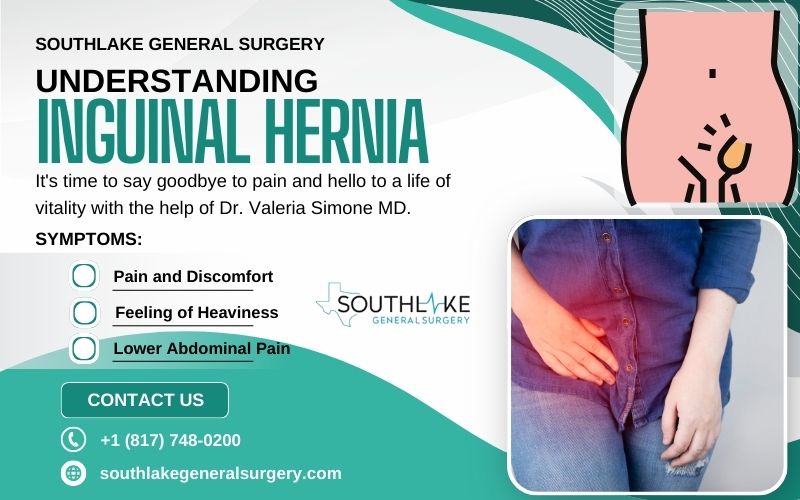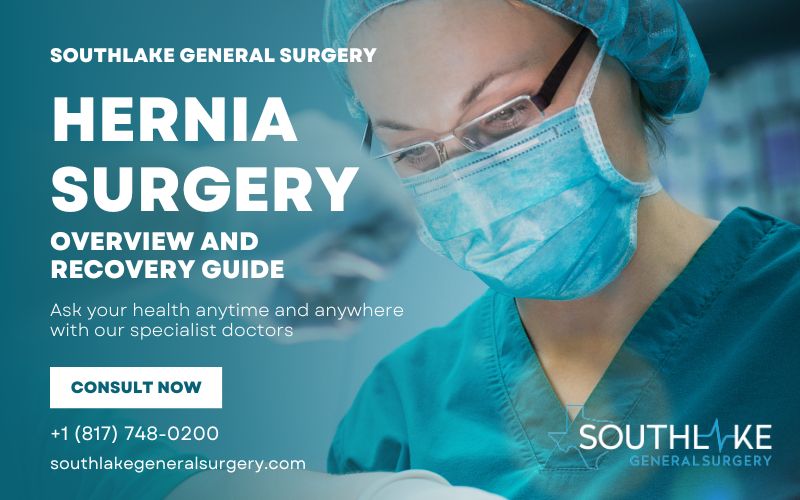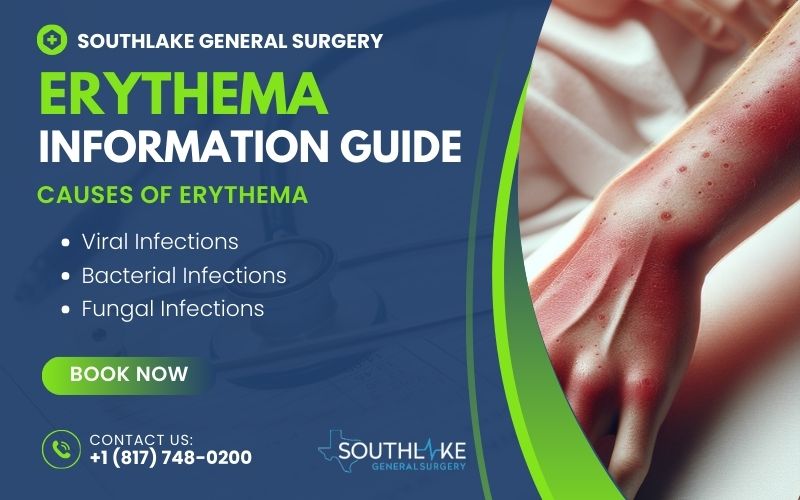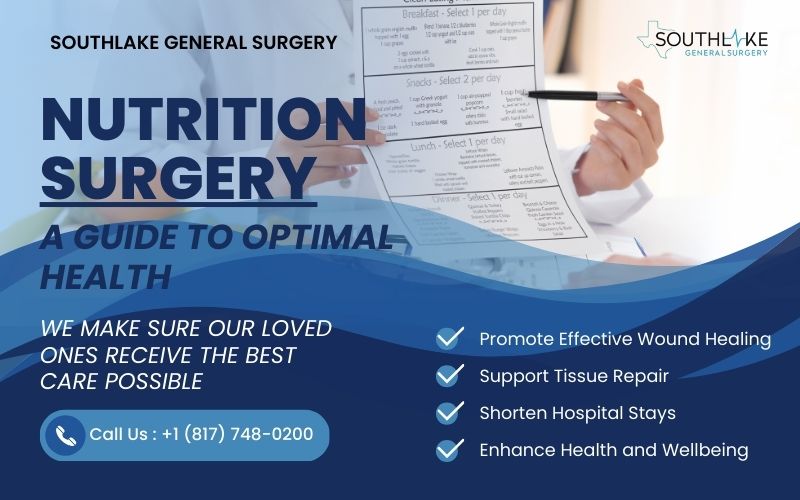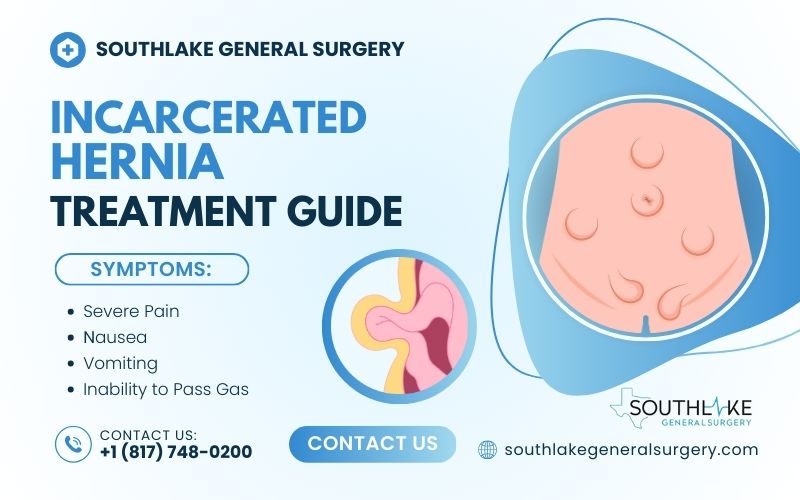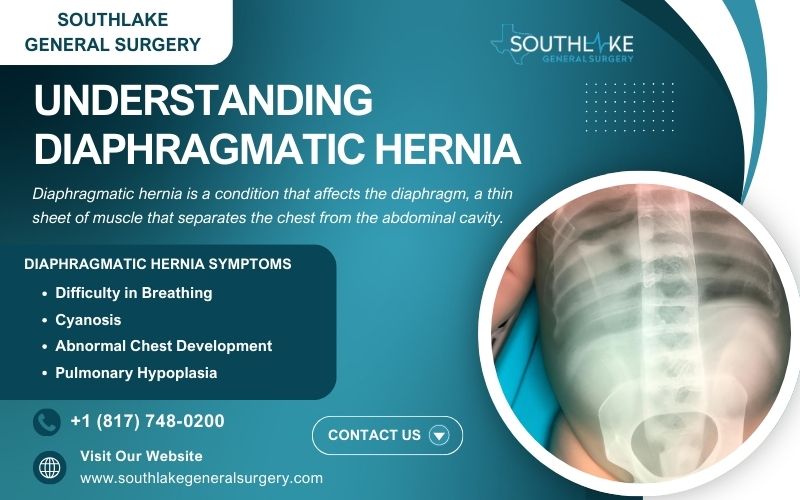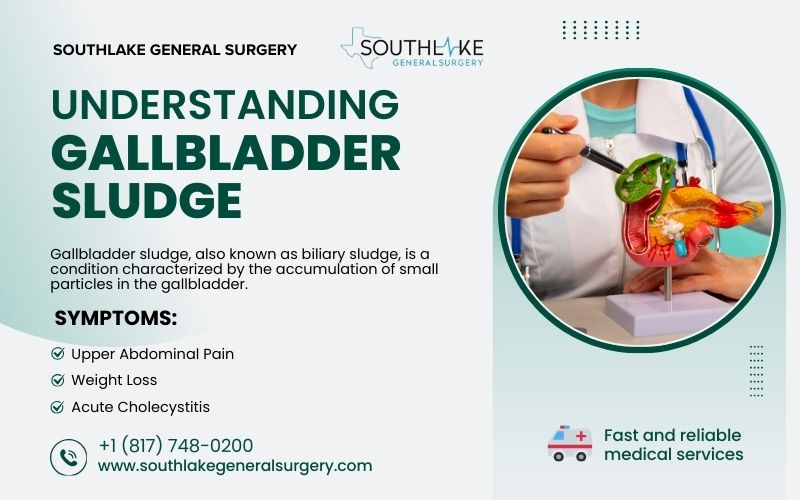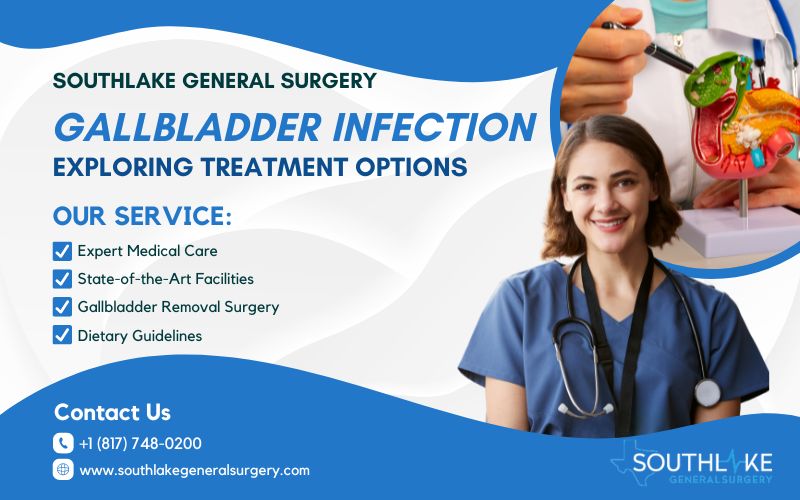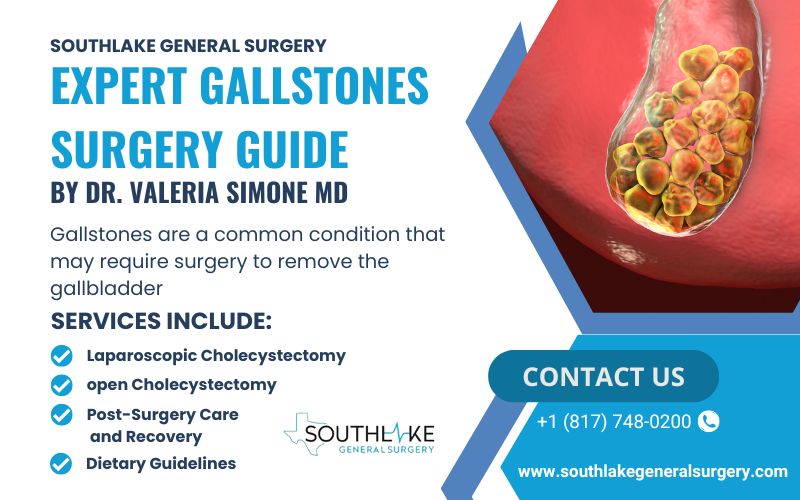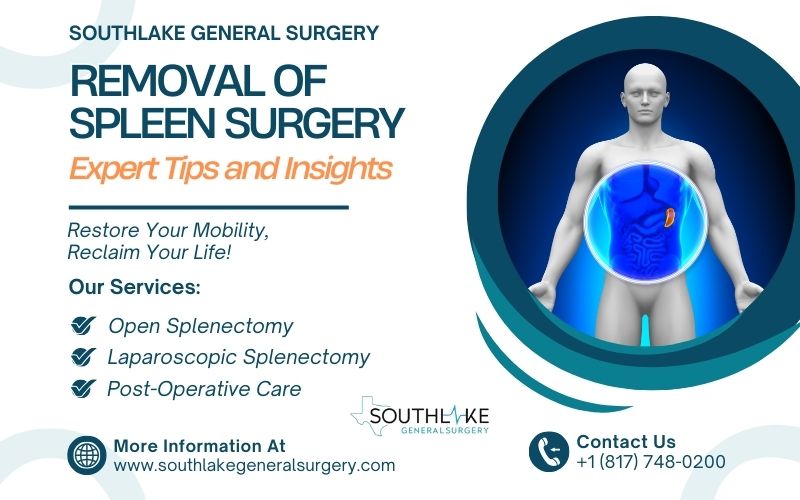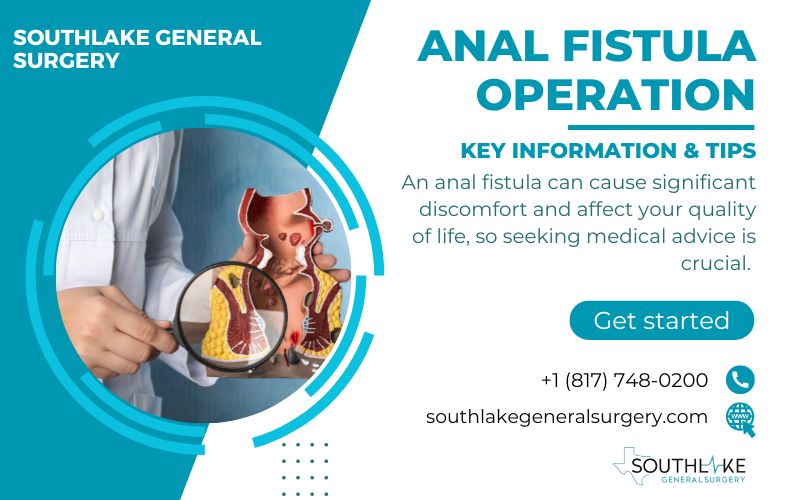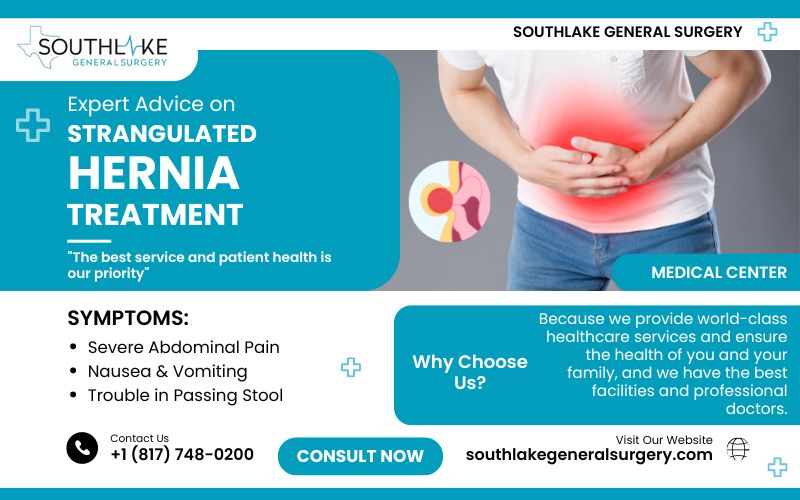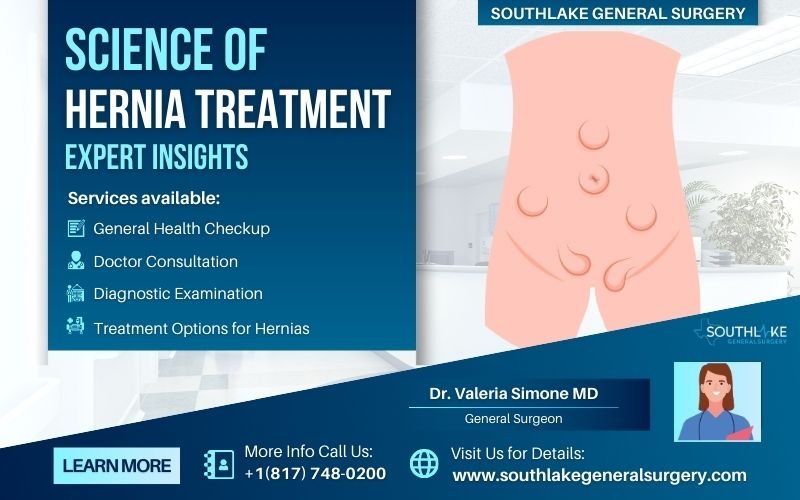An inguinal hernia, often referred to as a groin hernia, is a common condition that many people encounter. When a piece of fatty tissue or a length of intestine pushes through a hole in the abdominal wall, it’s called a hernia. This issue typically arises in the inguinal canal, which is found in the groin area.
Read More →
Hernia surgery is a usual procedure. The procedure is performed to address a hernia. There are two main approaches to hernia repair: open surgery and laparoscopic surgery. Every approach presents distinct benefits and drawbacks, influencing aspects like recovery time, pain intensity, and cosmetic results.
Read More →
Erythema occurs when your skin becomes red due to increased blood flow to the surface. This is different from a quick blush. A skin reaction or irritation might take a bit more time to resolve.
Read More →
Nutrition surgery, often referred to as surgical nutrition, is a unique area that emphasizes the nutritional requirements of patients both prior to and following surgical procedures.
Read More →
Incarcerated hernia is a condition in which abdominal organs or tissues protrude through a weak spot in the abdominal wall and become trapped. It is a common surgical emergency that requires prompt medical attention.
Read More →
Diaphragmatic hernia is a condition that affects the diaphragm, a thin sheet of muscle that separates the chest from the abdominal cavity. In normal development, the diaphragm is fully formed by 10 weeks of gestation.
Read More →
Female real hernia surgery can often be misunderstood or overlooked in women. It is important for females to be aware of the hernia symptoms and treatment options available for this condition.
Read More →
Gallbladder sludge, also known as biliary sludge, is a condition characterized by the accumulation of small particles in the gallbladder.
Read More →
Gallbladder infection, also known as cholecystitis, is a condition characterized by inflammation in the gallbladder. One of the small organs in the body, the gallbladder is shaped like a pear and can be found in the upper right quadrant of the abdomen, directly below the liver.
Read More →
Gallstones surgery by Dr. Valeria Simone MD, is a comprehensive guide to the surgical treatment of gallstones. Gallstones are a prevalent issue that impacts a substantial number of individuals globally.
Read More →
Crohn’s disease and fistula can be challenging, as these complications can cause discomfort, pain, and other symptoms that affect a person’s quality of life.
Read More →
An anal fistula operation can be daunting for many. Understanding key information and tips is crucial. Recognize symptoms, consider treatment options like fistulotomy or non-surgical techniques, and focus on post-operative recovery.
Read More →
A strangulated hernia necessitates prompt medical intervention due to the gravity of the condition. Hernias happen when an organ or portion of an organ protrudes through the abdominal wall and gets stuck or when blood flow is interrupted to the herniated tissue.
Read More →
Hernia treatment involves fixing the weak tissue in the abdominal wall, which can cause organs to push out. This procedure can be performed surgically to effectively close the opening and reinforce the area using hernia mesh.
Read More →
